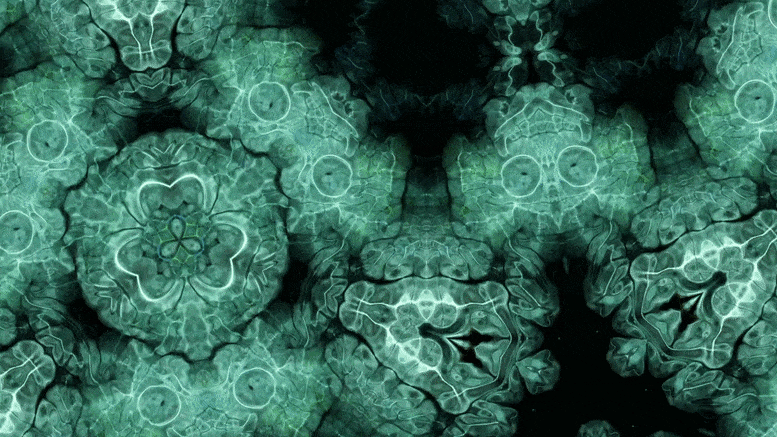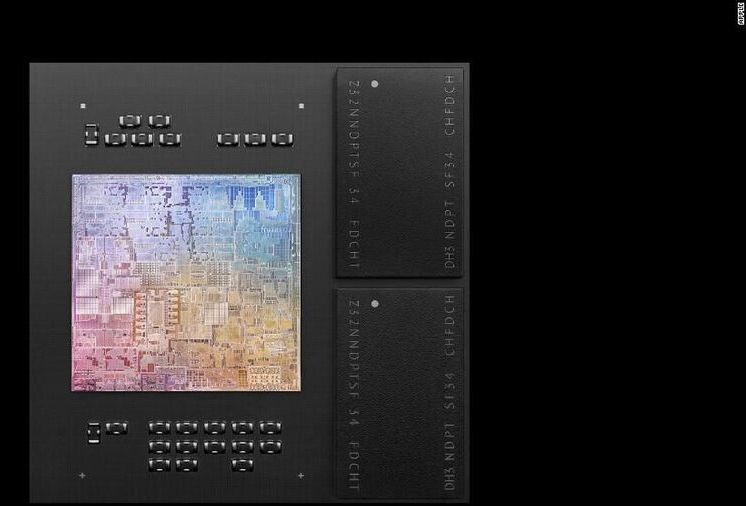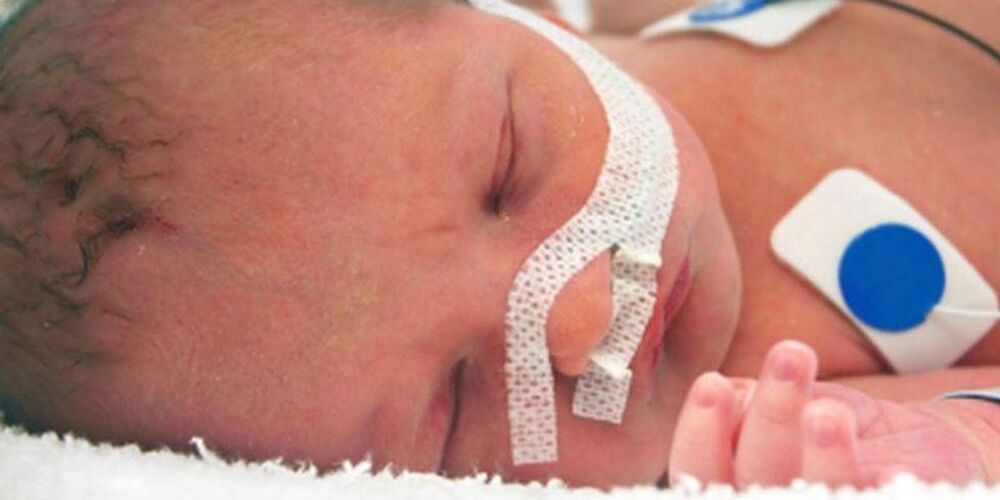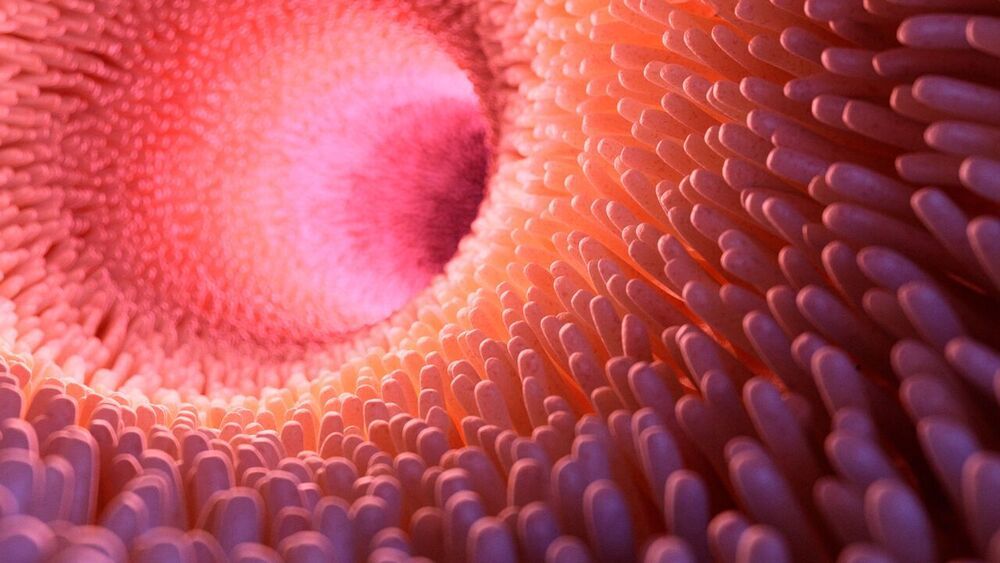Using an advanced microscopy technique, Texas A&M researchers have uncovered a twin boundary defect in a soft polymer that has never been observed before.
Texas A&M University scientists have for the first time revealed a single microscopic defect called a “twin” in a soft-block copolymer using an advanced electron microscopy technique. This defect may be exploited in the future to create materials with novel acoustic and photonic properties.
“This defect is like a black swan — something special going on that isn’t typical,” said Edwin Thomas, professor in the Department of Materials Science and Engineering. “Although we chose a certain polymer for our study, I think the twin defect will be fairly universal across a bunch of similar soft matter systems, like oils, surfactants, biological materials, and natural polymers. Therefore, our findings will be valuable to diverse research across the soft matter field.”






